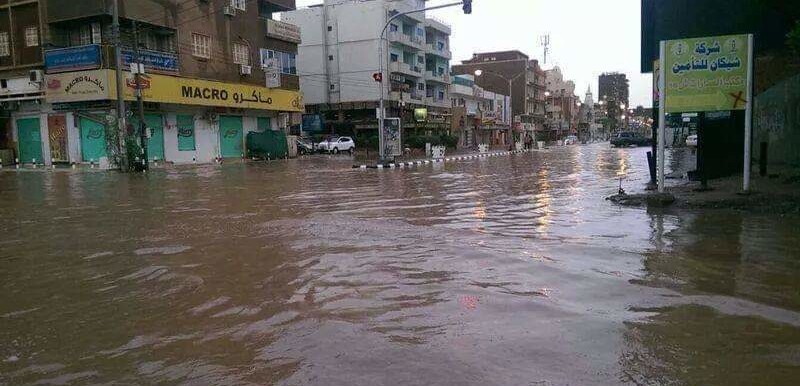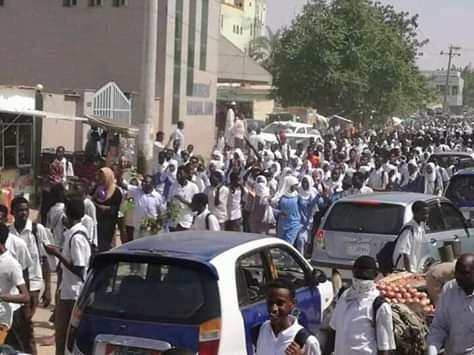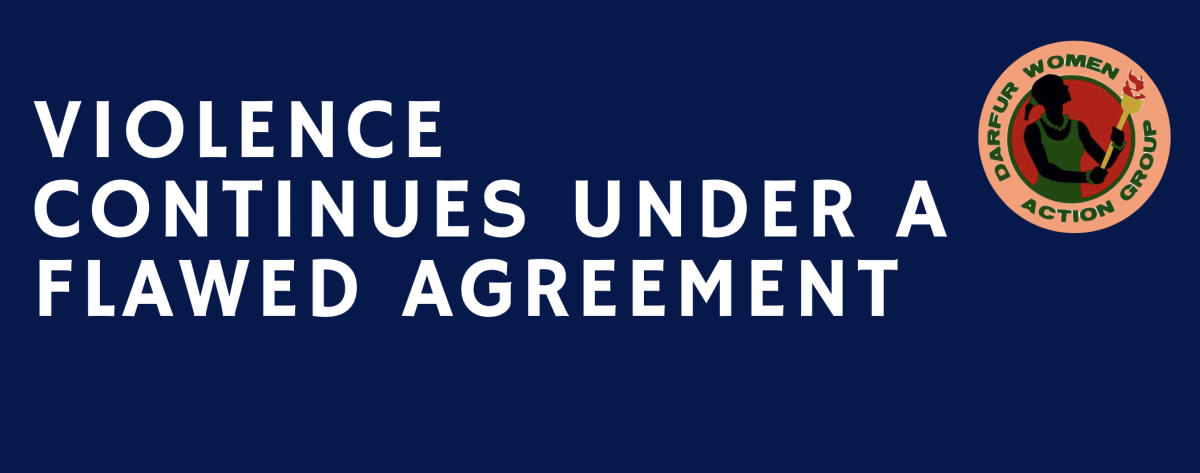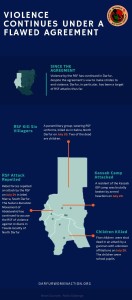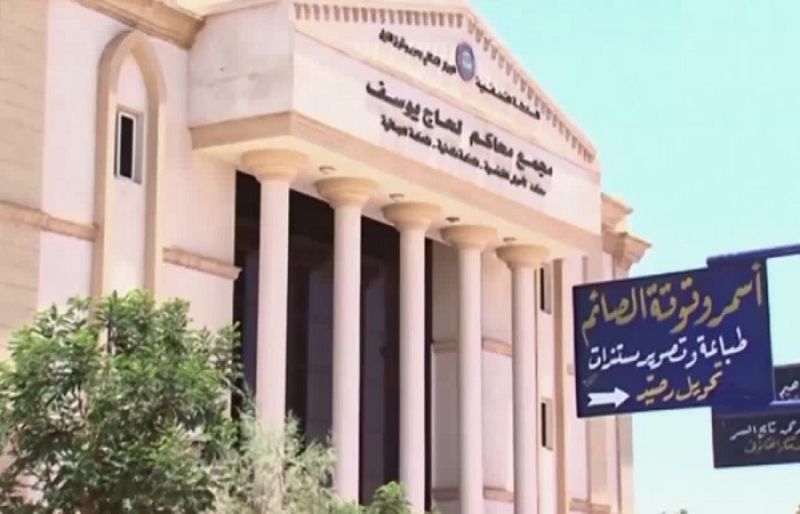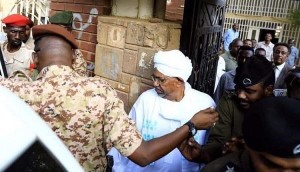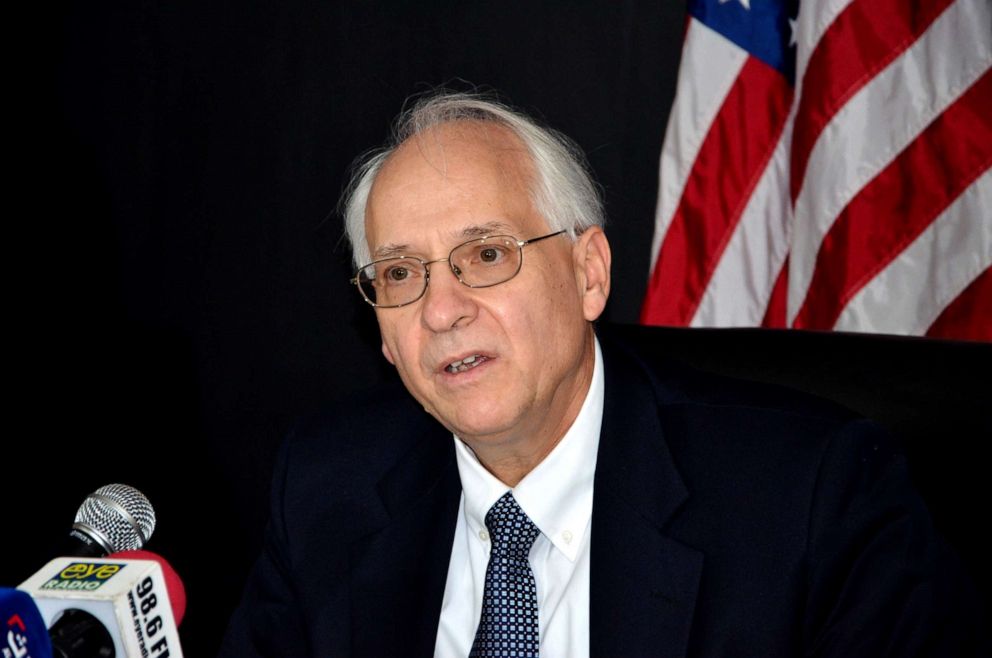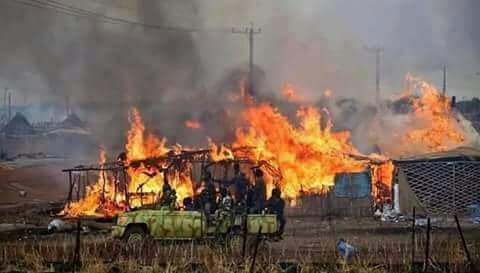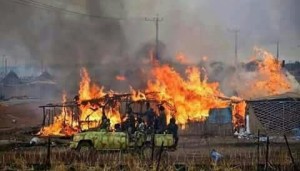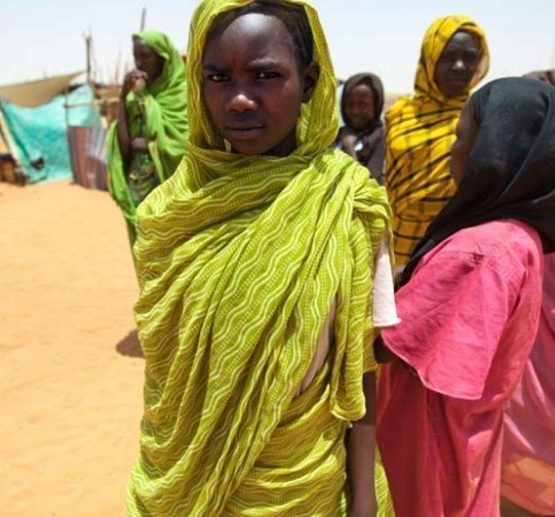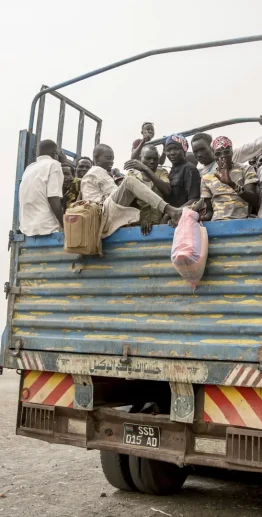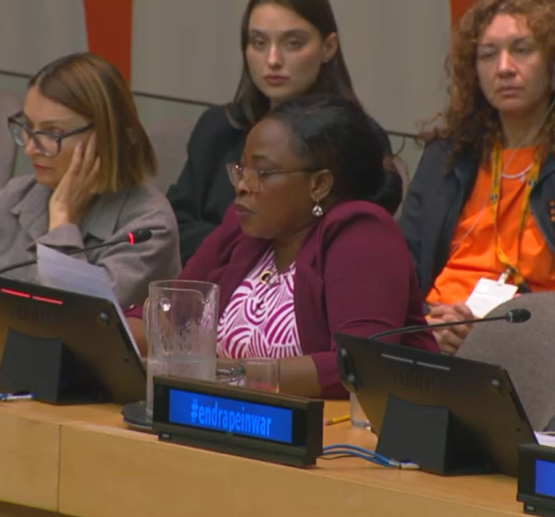Will the August 4th agreement to sign the “Constitutional Charter” serve to show good faith that Sudan’s interim government is moving forward in becoming more democratic? While the rest of the world has turned to support the new government (made up of civilians and members of the Transitional Military Council [TMC]) during Sudan’s long transition to a civilian-led government over the next three years, there are continued atrocities committed against the people of Darfur. Without peace in Darfur, there will not be peace in Sudan.
- More than 100 Sudanese are still missing from the June 3rd attacks (perpetrated by the ruling TMC) despite 11 complaints being submitted to the Khartoum North Court and a memorandum en route to the African Commission on Human and People’s Rights as well as the UN High Commissioner on Human Rights. The Democratic Lawyer Alliance will launch a campaign on August 30 to search for people still missing in conjunction with the International Day of Enforced Disappearance. It is hard to believe that Sudan can be transformed without addressing and improving the human rights situation in Sudan.
- Sudan wants off the list of State-Sponsored Terror; however, if the United States (US) were to do so they will be mistaken. It is worth noting that the TMC is just the same coin as the al-Bashir regime just another face. Lessons must be learned, in 2017 the US ignored the continuing crises in Darfur relying on misrepresentation of facts on the ground, declaring that the violence was “minimal” when ending sanctions against Sudan. Recent events involving the Rapid Support Forces (RSF) and the TMC disprove the US’s stance though. In-Depth research and analysis must be done by US policymakers before rewarding the military juntas in Sudan.
- The disbandment of the TMC with the new constitution appears to many to be a step in the right direction, make no mistake as many members of the new transitional government will come from the TMC. Thereby continuing al-Bashir’s regime into the future of Sudan indefinitely.
- While expectations are high that August 18th will usher in the new cabinet promised by the new constitution, if ratified August 17th, there are concerns that women will be left out of ruling Sudan. There is a 40% quota in place for women’s participation in Parliament though there is no guarantee for the cabinet. Furthermore, the agreement has not tackled the root causes of the crises in Sudan rather it is just a power-sharing agreement between two groups with a national nature and no grassroots support. We fear that it will only grant a handful of individual seats in the government instead of creating an inclusive process that will reflect the diversity of the people of Sudan.
While all eyes are on the issues surrounding the New Constitution, Darfur is facing multiple crises of national and international magnitude, characterized by violence perpetrated by RSF elements and severe weather that devastated the lives of the long-suffering civilians.
- Violence still plagues the state as recent attacks by herders in the region took the lives of three farmers. The attack on the farmers sparked protests in the state capital and a call for an independent committee to investigate the activities of militant herders and gunmen in the state in the past years.
- Flash flooding is currently wreaking havoc across Sudan, hitting Darfur particularly hard leaving six dead and two more missing. The Sudanese Professional Association (SPA) and various political parties have called on all Sudanese to do their part in the “draining of rainwater” campaign, which works to clear drainage systems and build new ones. The heavy rainfall has also caused prices for gas and food to skyrocket in Darfur, altogether increasing the suffering of those who had been forced out of their homes for years.
The same al-Bashir regime that orchestrated the genocide in Darfur is currently in power and stands to remain in power in Sudan under a new banner. Your voices are urgently needed to expose al-Bashir’s crimes in Darfur and across Sudan. It takes only one action to contribute to ending genocide in Darfur and the unprecedented carnage across Sudan.
If you can share this with 5-10 people in your network and ask them to do the same, you will make a difference.
With our collective effort, we can make a difference. We can end it.
